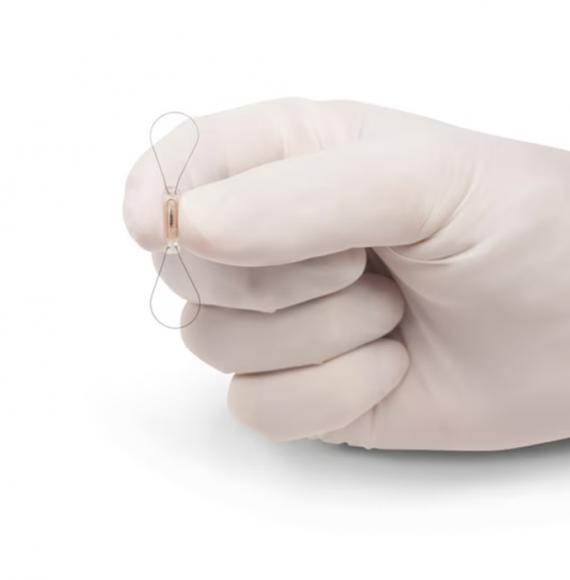Academics at the University of Oxford, and pathologists at Oxford University Hospitals NHS Trust (OUH), have developed an AI tool that automates requests for further analysis of diagnostically uncertain prostate biopsies.
Pathology teams typically deal with a high workload, performing more than 60,000 prostate biopsies in the UK every year. Streamlined tools such as this have the potential to manage the workflow, and provide significant time savings and faster diagnoses.
All the biopsies are usually stained with Hematoxylin & Eosin (H&E), to enable the pathologist to study the size and shape (morphology) of the cells and tissue. However, in 25-50% of cases, stained H&E biopsies alone do not provide enough evidence for diagnosis, requiring the added process of immunohistochemistry (IHC) in order to study other cellular features. In the current pathology workflow, the stained biopsies also require a pathologist review, to determine which need IHC.
The team developed the AI tool by using prostate biopsies, annotated by pathologists at OUH, to detect tissue regions with hard to read morphology. This helped determine the cases needing IHC, reducing pathologists time reviewing biopsies. The tool agreed in 81% of the pathologist's review.
Professor Clare Verrill at OUH said: "The NHS spends £27m on locum and private services to make up for the shortfall in pathology service provision. By using this AI tool to triage prostate biopsies for IHC, pathologists would spend less time reviewing these cases, which would not only lead to financial savings, but it would also accelerate prostate cancer diagnoses to inform patients and treating clinicians earlier."
The automated tool means pathologists will only need to review the case once all staining has been completed. An average of 11 minutes for each case, of a pathologist’s time is expected to be saved, equal to 165 hours in total for 1,000 prostate biopsies needing IHC.
The research was a joint collaboration including pathologists Dr Lisa Browning and Professor Verrill at OUH, and Dr Richard Colling at the Nuffield Department of Surgical Sciences; biomedical imaging analysts from the University’s Institute of Biomedical Engineering, Big Data Institute, and Ludwig Oxford Institute for Cancer Research.



















